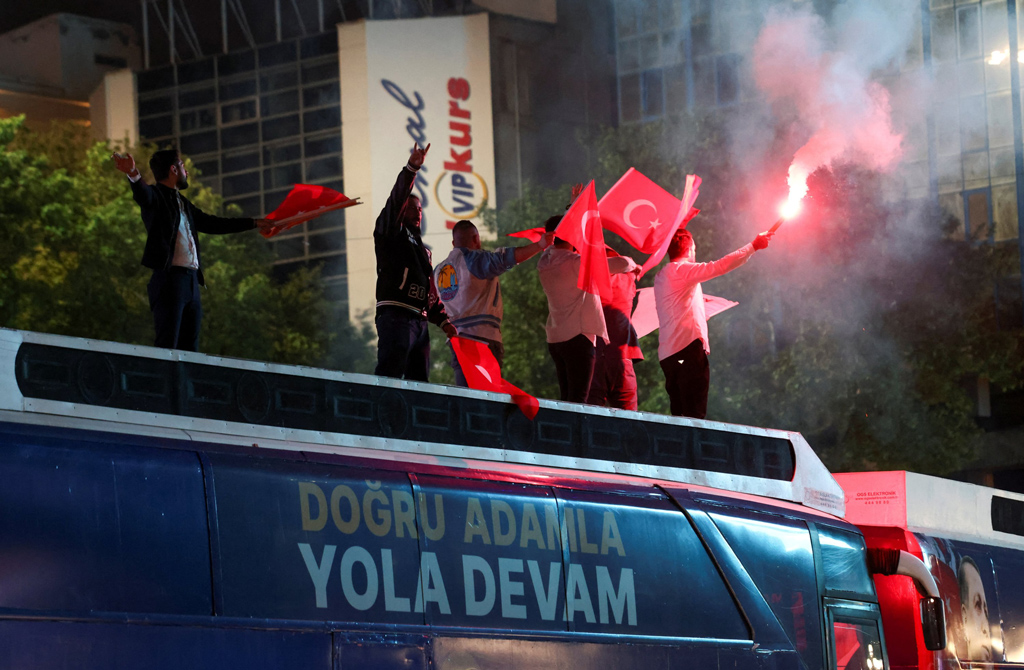
Path of Turkish politics in new era amid crisis in opposition
At the height of his political power, Erdoğan will make improvements to the presidential system in an attempt to consolidate it. Adopting a holistic approach to all parts of politics, he will try to take bold steps and launch new initiatives in Türkiye.
Share
President Recep Tayyip Erdoğan will take the oath of office on Saturday. He will unveil his new Cabinet and present the key players and policies of the next five years to the Turkish people.
At the height of his political power, Erdoğan will make improvements to the presidential system in an attempt to consolidate it. Adopting a holistic approach to all parts of politics, he will try to take bold steps and launch new initiatives in Türkiye.
Over the years, Erdoğan distinguished himself from the rest by constantly changing, preserving his dynamism, turning crises into opportunities and setting ambitious goals. That is why he talked about reclaiming major cities like Istanbul and Ankara in next year’s municipal elections on Sunday – just after winning the presidential race.
Undoubtedly, at the heart of Erdoğan’s political efforts is his vision of “continuing to build the Turkish axis” in the "Century of Türkiye."
Meanwhile, the opposition is preoccupied with putting out fires caused by their most recent defeat. Pro-PKK Peoples’ Democratic Party (HDP) jailed leader Selahattin Demirtaş, who threw his weight behind opposition candidate Kemal Kılıçdaroğlu’s presidential campaign, recently criticized the HDP and quit politics. That decision reflected the ideological and political crisis in which the HDP finds itself after a three-point decline in its popular support. At this time, the movement is compelled to take stock of every decision, including not fielding a presidential candidate, highlighting its leftist ideology, nominating more parliamentary candidates from the Turkish left, and aligning itself with the Republican People’s Party (CHP). Yet, it seems impossible for that party, which once dreamed of becoming the kingmaker in the Turkish Parliament, to brush off the critique of marginalization.
As Good Party (IP) General Secretary Uğur Poyraz said that the Nation Alliance had ceased to exist, CHP Chair Kılıçdaroğlu bid farewell to a group of parliamentarians – members of five right-wing fringe parties that ran on the CHP ticket. As such, the Nation Alliance, which brought together several contradicting political and ideological currents, has disintegrated to take stock of what happened and who bears responsibility for it.
It remains unclear whether the Nation Alliance has been permanently dissolved. If Kılıçdaroğlu and Meral Akşener, the IP chairperson, both survive leadership battles this summer, it wouldn’t be surprising for them to try and join forces again for the municipal elections.
Ultimately, Akşener will determine whether such cooperation will indeed take place as well as how and under which terms. She will have to choose between appealing to nationalist voters as the "third way" and pursuing cooperation with the CHP and the HDP. It is important to note that the IP’s members would expect their chairperson to pursue Kılıçdaroğlu to endorse IP-affiliated mayoral candidates in several major cities this time around.
Tags »
Related Articles







